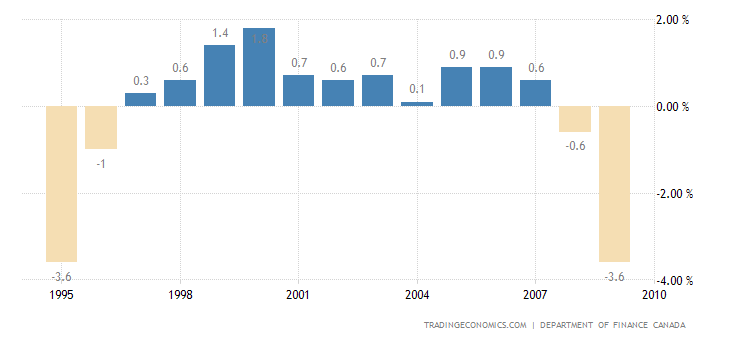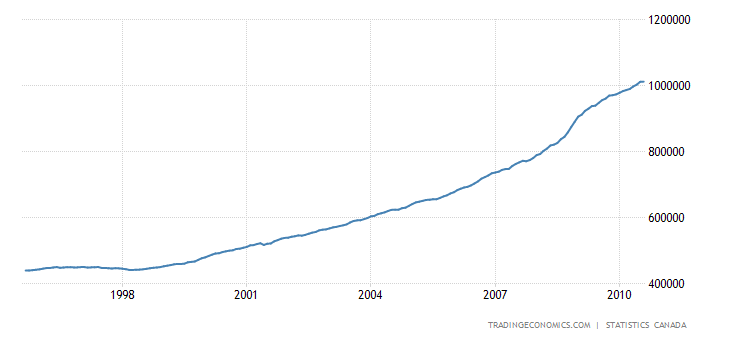- Joined
- May 22, 2011
- Messages
- 10,821
- Reaction score
- 3,348
- Gender
- Male
- Political Leaning
- Centrist
Well, I was responding to your post when you said "You fight to give the poor more money to spend so they can spend it all." I was providing the economic rationale behind doing so.
That economic rationale doesn't lead to permanent improvement of the condition of the poor. If the poor are used as pawns to increase consumption and credit in pursuit of certain macroeconomic outcomes, that's macroeconomic argument is not necessarily in the best interests of the poor in the long run. Which I have always felt was important because so many people pretend these demand-side policies are in the heartfelt desires for the poor to become permanently better off. Note my signature line.


